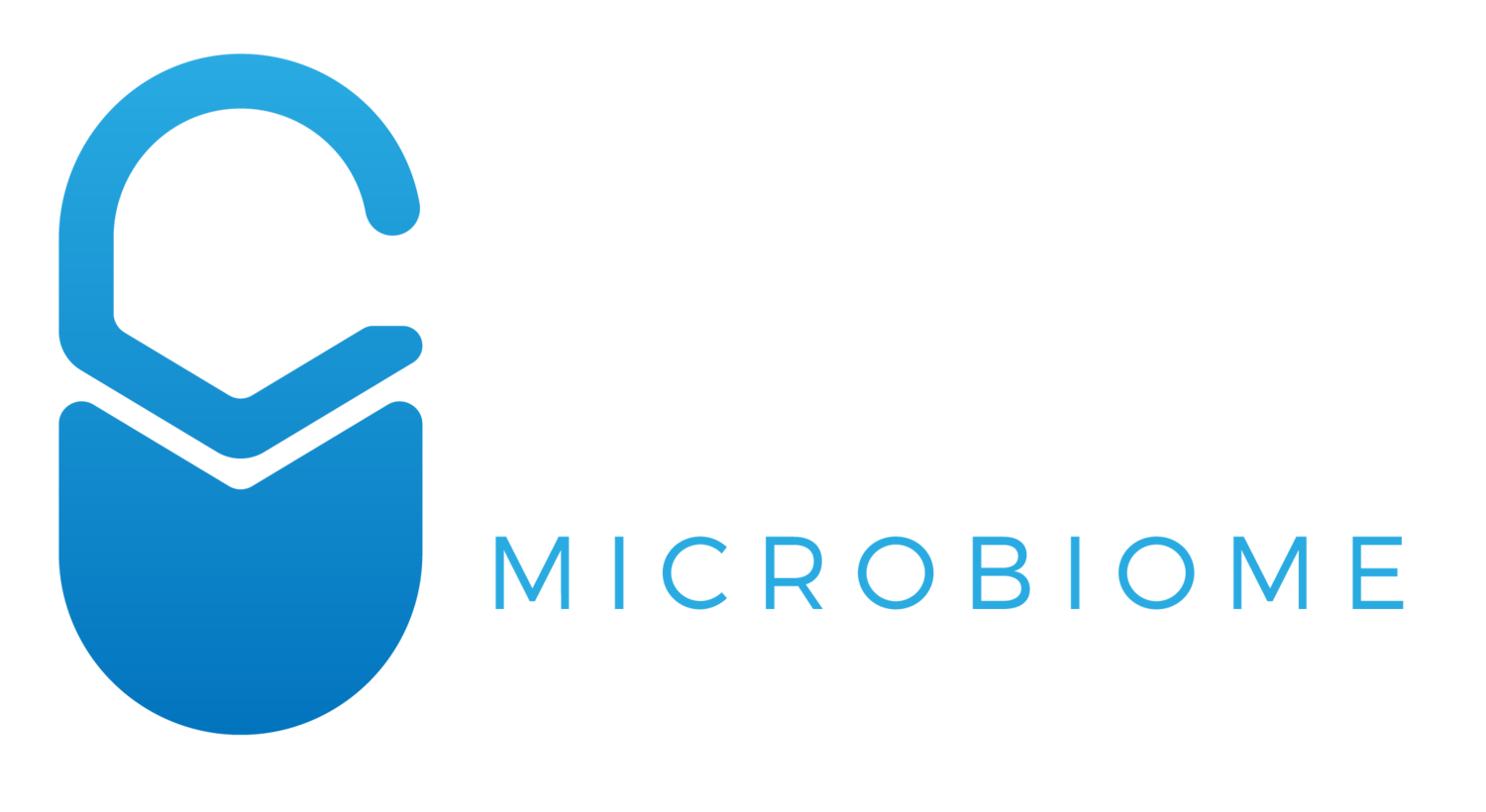Probiotics and Gum Health: Unveiling the Oral Microbiome Connection
When we think of probiotics, we often associate them with promoting gut health and digestive well-being. However, the benefits of these beneficial microorganisms extend beyond the gut and into other parts of our body, including our oral cavity. In recent years, there has been growing interest in the potential effects of probiotics on gum health. In this blog post, we will explore the fascinating relationship between probiotics and gum health and how these tiny microorganisms may play a significant role in maintaining a healthy smile.
The Oral Microbiome: A Complex Ecosystem
Before delving into the effects of probiotics on gum health, it's essential to understand the oral microbiome. The human mouth is a complex ecosystem teeming with a diverse community of bacteria, viruses, and fungi. These microorganisms interact with one another and with the host, which can influence overall oral health.
The majority of oral health issues, such as cavities, gum disease, and bad breath, are often linked to an imbalance in the oral microbiome. Harmful bacteria can flourish, leading to inflammation and infection. This is where probiotics come into play.
Probiotics and Gum Health
Probiotics are live bacteria and yeasts that are beneficial to our health when consumed in adequate amounts. They are often found in fermented foods like yogurt, kefir, and sauerkraut, as well as in dietary supplements. Probiotics work by promoting a healthy balance of microorganisms in various parts of the body, including the mouth.
Reduction in Inflammation: One of the key benefits of probiotics for gum health is their potential to reduce inflammation. Gum disease, also known as periodontal disease, is characterized by inflammation of the gums and can lead to tooth loss if left untreated. Studies have suggested that certain probiotic strains can help mitigate gum inflammation, thereby improving overall gum health.
Suppression of Harmful Bacteria: Probiotics can help suppress the growth of harmful bacteria in the oral cavity. By introducing beneficial bacteria, they compete with and crowd out the pathogenic bacteria responsible for gum disease and cavities.
Enhanced Immune Response: A well-balanced oral microbiome is essential for a robust immune response in the mouth. Probiotics can help support the immune system's ability to fend off oral infections.
Reduction in Bad Breath: Halitosis, or bad breath, is often a result of the overgrowth of odor-producing bacteria in the mouth. Probiotics may help restore a healthier balance of bacteria, reducing bad breath.
Choosing the Right Probiotics for Gum Health
When considering probiotics for gum health, it's important to choose the right strains. Lactobacillus reuteri and Lactobacillus salivarius are two strains that have shown promise in promoting oral health. These strains are available in various forms, including lozenges, chewing gum, and oral supplements.
It's also crucial to consult with a healthcare professional or dentist before starting any new probiotic regimen, as they can provide guidance on the most suitable products and dosages for your specific oral health needs.
Maintaining Overall Oral Health
While probiotics can be a valuable addition to your oral health routine, they are not a substitute for good oral hygiene practices. Regular brushing, flossing, and dental check-ups remain essential for preventing gum disease and maintaining overall oral health.
Conclusion
The relationship between probiotics and gum health is an exciting area of research that shows promise in promoting oral well-being. By supporting a balanced oral microbiome, probiotics may help reduce inflammation, suppress harmful bacteria, and enhance the immune response in the mouth. However, it's important to remember that probiotics should complement, not replace, established oral hygiene practices. Always consult with a healthcare professional for personalized advice on using probiotics for gum health. Your smile will thank you for it!

